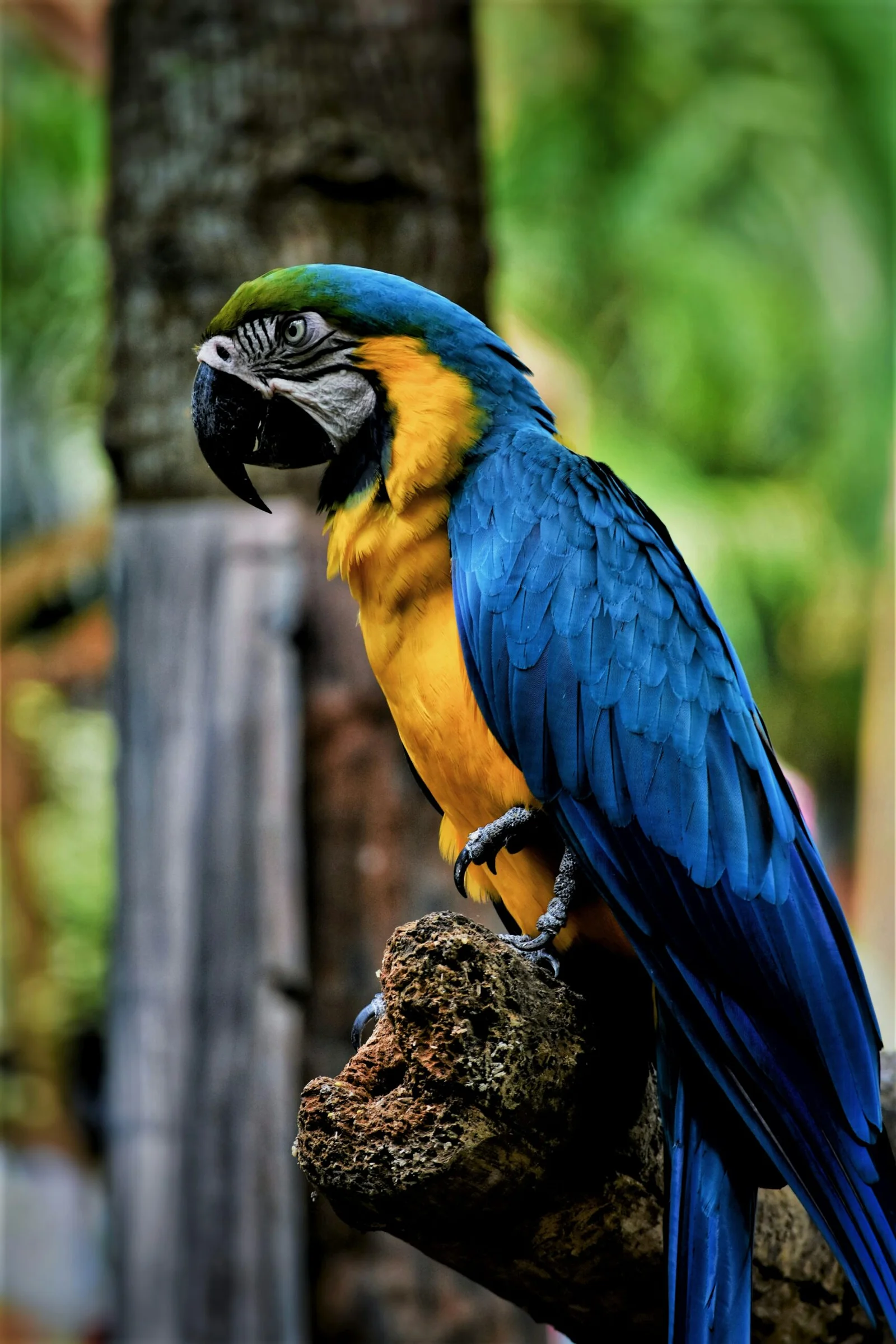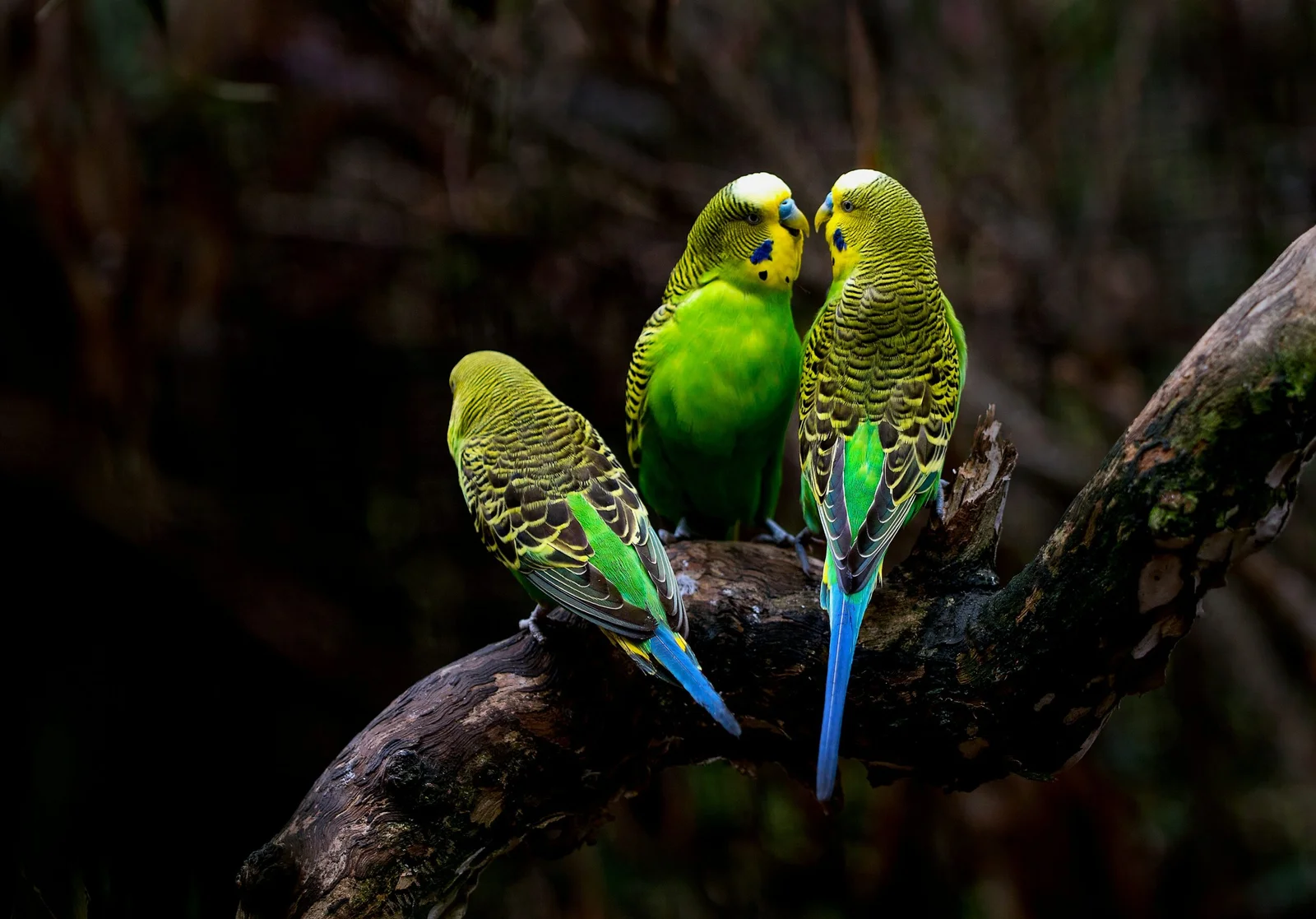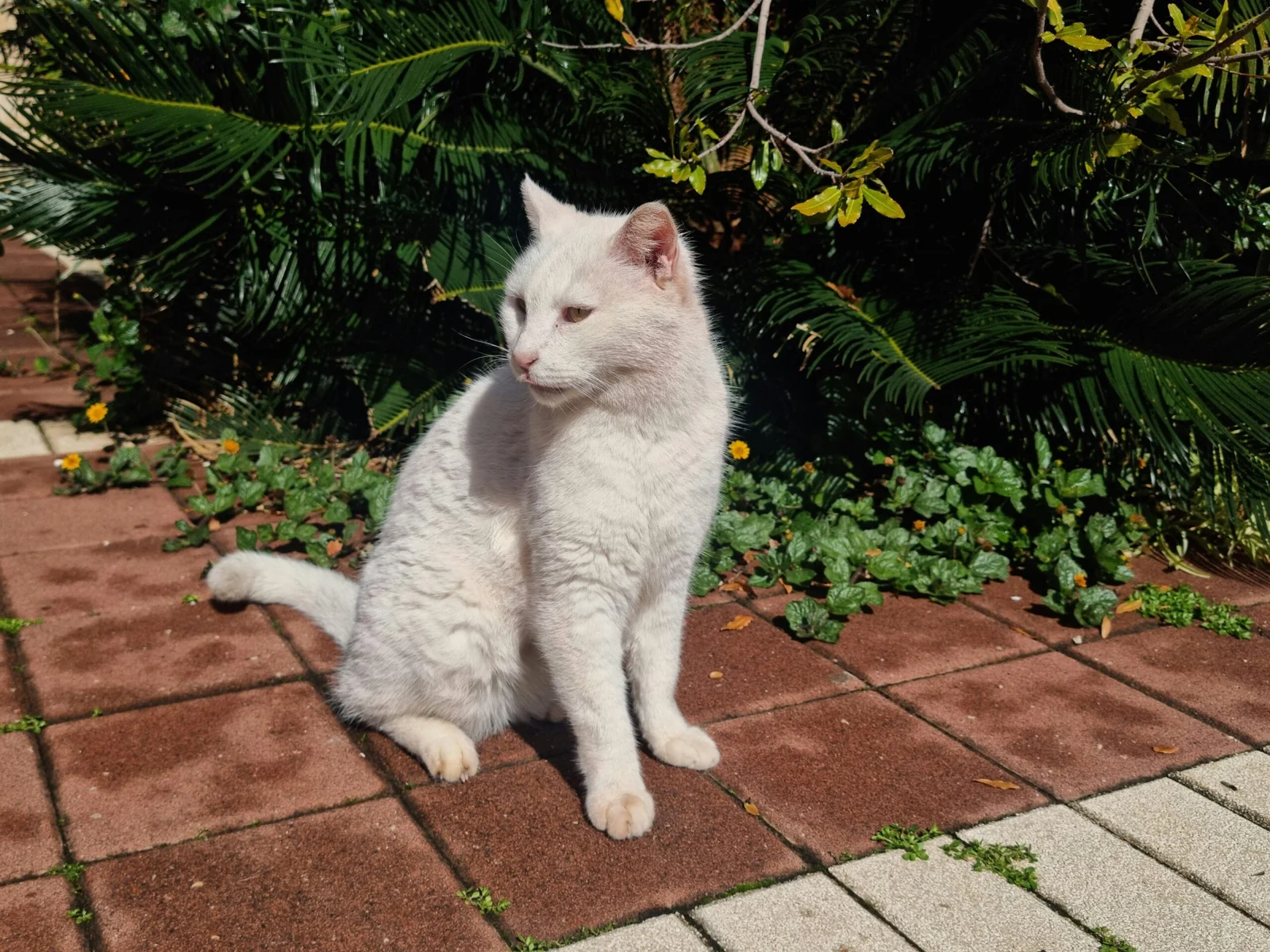A Guide to Types and Breeds of Exotic Birds
Types and Breeds of Exotic Birds
Exotic birds are a fascinating and beautiful addition to any household. Their vibrant colors, unique behaviors, and melodious songs make them a popular choice for bird enthusiasts. In this article, we will explore the different types and breeds of exotic birds, as well as the legal considerations and care requirements involved in keeping them as pets.
When it comes to exotic birds, there is a wide variety of species to choose from. One of the most well-known types is the parrot family, which includes popular breeds such as the African Grey, the Macaw, and the Cockatoo. These birds are known for their intelligence, ability to mimic human speech, and striking plumage.
Another type of exotic bird is the toucan. With their large, colorful bills and playful personalities, toucans have become a favorite among bird lovers. They are native to the tropical rainforests of Central and South America and are known for their unique beak adaptations and vibrant plumage.
One of the most visually stunning types of exotic birds is the bird of paradise. These birds are native to the rainforests of New Guinea and surrounding islands and are known for their elaborate courtship displays and intricate plumage. The males of the species have brightly colored feathers and unique, ornamental head crests.
There are also a variety of smaller exotic bird species, such as finches and canaries, that are popular choices for bird enthusiasts. These birds are known for their beautiful songs and are often kept in cages or aviaries.
Before deciding to bring an exotic bird into your home, it is important to consider the legal implications and care requirements involved. Some species of exotic birds are protected by international and domestic laws, and it is illegal to own or sell them without the proper permits and documentation. Additionally, exotic birds require specialized care, including a proper diet, regular veterinary check-ups, and a suitable living environment.
In conclusion, exotic birds are a captivating and beautiful addition to any household. Whether you choose a parrot, toucan, bird of paradise, or a smaller species such as a finch or canary, these birds will bring color, song, and joy to your life. However, it is important to research and understand the legal considerations and care requirements involved in keeping exotic birds as pets to ensure their well-being and your compliance with the law.
Types of Exotic Birds
Exotic birds come in a wide variety of species, each with its own distinct characteristics. Here are some of the most popular types of exotic birds:
1. Macaws
Macaws are large, colorful parrots known for their striking plumage and impressive vocal abilities. They are highly intelligent and social birds, often forming strong bonds with their human caretakers. Macaws require a spacious enclosure and a diet consisting of fresh fruits, vegetables, and nuts.
2. Cockatoos
Cockatoos are medium to large-sized parrots known for their crest of feathers on their heads. They are highly affectionate and thrive on social interaction. Cockatoos require plenty of mental stimulation and a balanced diet that includes seeds, pellets, fruits, and vegetables.
3. African Greys
African Greys are highly intelligent and renowned for their exceptional speaking and mimicking abilities. They are medium-sized parrots with a distinctive gray plumage. African Greys thrive on mental stimulation and require a varied diet that includes fresh fruits, vegetables, and high-quality pellets.
4. Eclectus Parrots
Eclectus Parrots are known for their strikingly vibrant colors, with males having bright green plumage and females displaying a combination of red and blue. They are medium-sized parrots and require a diet consisting of fresh fruits, vegetables, and a small amount of high-quality pellets.
5. Toucans
Toucans are famous for their large, colorful bills. They are medium-sized birds with a playful and curious nature. Toucans require a diet rich in fruits, insects, and small prey items.
While these are just a few examples of exotic birds, there are many other fascinating species to explore. Some other notable types of exotic birds include the vibrant Scarlet Macaw, the elegant Blue and Gold Macaw, the charming Lovebirds, and the graceful Flamingos.
Scarlet Macaws are known for their stunning red, blue, and yellow plumage. They are highly social birds and require a large enclosure with plenty of toys and mental stimulation. Blue and Gold Macaws, on the other hand, have a beautiful combination of blue and gold feathers. They are highly intelligent and require a varied diet that includes nuts, seeds, fruits, and vegetables.
Lovebirds are small parrots known for their affectionate nature and their tendency to form strong pair bonds. They require plenty of social interaction and a diet consisting of seeds, pellets, fruits, and vegetables. Flamingos, on the other hand, are known for their long, slender necks and vibrant pink feathers. They are social birds that live in large flocks and feed on small aquatic organisms.
Whether you are a bird enthusiast or simply appreciate the beauty and uniqueness of exotic birds, there are endless opportunities to learn and discover more about these fascinating creatures. From their vibrant colors to their impressive abilities, exotic birds never fail to captivate and amaze.
Breeds of Exotic Birds
Within each type of exotic bird, there are different breeds and variations. These breeds may differ in size, coloration, temperament, and specific care requirements. Some popular breeds of exotic birds include:
1. Blue and Gold Macaw
The Blue and Gold Macaw is one of the most recognizable breeds of macaws. It has vibrant blue and yellow feathers and is known for its playful and affectionate nature. These stunning birds are native to South America, particularly in the rainforests of Brazil, Bolivia, and Paraguay. They are highly social creatures and thrive in environments where they receive plenty of attention and interaction from their human companions. Due to their large size, Blue and Gold Macaws require spacious cages and regular exercise to keep them physically and mentally stimulated. Their diet consists of a variety of fruits, vegetables, nuts, and seeds.
2. Moluccan Cockatoo
The Moluccan Cockatoo is a large breed of cockatoo known for its striking pink feathers and gentle personality. These birds are native to the Moluccan Islands in Indonesia. They are highly intelligent and require plenty of social interaction and mental stimulation to prevent boredom and behavioral issues. Moluccan Cockatoos are known for their affectionate nature and strong bond with their human caregivers. However, they can also be demanding and may require a significant amount of time and attention. Their diet consists of a balanced mix of pellets, fruits, vegetables, and occasional treats.
3. Timneh African Grey
The Timneh African Grey is a smaller breed of African Grey parrot with a charcoal gray plumage. These intelligent birds are native to the rainforests of West Africa, including countries like Sierra Leone, Guinea, and Ivory Coast. Timneh African Greys are known for their exceptional speaking abilities and their ability to mimic various sounds and voices. They thrive on mental stimulation and require plenty of toys, puzzles, and interaction with their human companions. Their diet consists of a mix of high-quality pellets, fresh fruits, vegetables, and nuts.
4. Solomon Island Eclectus
The Solomon Island Eclectus is a subspecies of the Eclectus Parrot known for its vibrant red and blue plumage. These birds are native to the Solomon Islands in the South Pacific. They have a gentle temperament and are known for their ability to bond closely with their human caregivers. Solomon Island Eclectus parrots require a diet rich in fruits and vegetables, as well as a small amount of nuts and seeds. They thrive in environments where they receive plenty of mental stimulation and social interaction.
5. Keel-billed Toucan
The Keel-billed Toucan is a colorful breed of toucan with a distinctive multicolored bill. These birds are native to the rainforests of Central and South America, including countries like Belize, Costa Rica, and Colombia. Keel-billed Toucans are known for their vibrant plumage and their ability to eat a wide variety of fruits. They require a spacious enclosure with plenty of room to fly and hop around. Their diet consists mainly of fruits, but they also consume insects and small prey items in the wild. In captivity, they are usually fed a combination of fruits, pellets, and occasional treats.
Once you have familiarized yourself with the legal considerations surrounding the ownership of exotic birds, there are other important factors to keep in mind. One such consideration is the living conditions and habitat requirements of the bird.
Exotic birds, depending on their species, may have specific needs when it comes to their living environment. Some birds require large cages or aviaries to accommodate their natural behaviors, such as flying or climbing. Others may need specialized perches, toys, or even access to outdoor spaces.
It is essential to research the specific needs of the bird you are considering keeping as a pet. This includes understanding their dietary requirements, socialization needs, and any potential health concerns that may be common for their species. Consulting with avian veterinarians or experienced bird owners can provide valuable insights and guidance in this regard.
Another aspect to consider is the long-term commitment involved in keeping an exotic bird. Many species of birds have long lifespans, with some living for several decades. This means that bringing an exotic bird into your home is not a decision to be taken lightly.
Before welcoming an exotic bird into your family, it is important to consider your lifestyle, availability, and ability to provide the necessary care and attention that the bird will require throughout its life. This includes not only providing a suitable living environment but also dedicating time for social interaction, mental stimulation, and regular veterinary care.
Furthermore, it is important to be aware that exotic birds, like any other pet, can be expensive to care for. Costs associated with food, housing, toys, and medical care can add up over time. It is crucial to budget and plan accordingly to ensure that you can provide for the bird’s needs without compromising your own financial stability.
Lastly, it is worth considering the impact that owning an exotic bird may have on other pets or family members in your household. Some birds may be more compatible with certain living situations or may require specific handling and care that may not be suitable for everyone.
By thoroughly researching and considering these various factors, you can make an informed decision about whether keeping an exotic bird is the right choice for you and your family. Remember, responsible ownership is key to ensuring the well-being and happiness of both you and your feathered companion.
Exotic birds require specialized care to thrive in a domestic environment. Here are some essential care requirements to consider:
1. Proper Diet
A balanced and nutritious diet is crucial for the health and well-being of exotic birds. Different species have varying dietary needs, but a diet consisting of fresh fruits, vegetables, high-quality pellets, and occasional treats is generally recommended. It is important to research the specific dietary requirements of the bird species you are keeping and provide a varied and balanced diet accordingly. Additionally, it is important to ensure that the food provided is fresh and free from any contaminants. Proper storage of food is also essential to maintain its nutritional value.
2. Spacious Enclosure
Exotic birds need a spacious and secure enclosure to live comfortably. The size of the enclosure should allow for ample room to move, stretch their wings, and engage in natural behaviors. It is important to provide different perches of varying sizes and textures to promote foot health and exercise. The enclosure should also be equipped with toys and enrichment activities to provide mental stimulation. Additionally, the enclosure should be cleaned regularly to maintain a hygienic environment for the birds.
3. Social Interaction
Many exotic bird species are highly social and require regular interaction with their human caretakers. Spending time with your bird, talking to them, and providing opportunities for socialization are essential for their well-being. Some birds may also benefit from the company of another bird, but it is important to research the compatibility of different species before introducing them. Social interaction not only helps prevent loneliness and boredom but also strengthens the bond between the bird and its owner.
4. Mental Stimulation
Exotic birds are intelligent creatures that require mental stimulation to prevent boredom and behavioral issues. Providing toys, puzzles, and opportunities for foraging can help keep their minds active and engaged. Birds also enjoy learning new tricks and commands, so regular training sessions can provide mental stimulation and strengthen the bond between the bird and its caretaker. It is important to rotate and introduce new toys regularly to keep the bird’s interest and prevent them from becoming bored with their environment.
5. Veterinary Care
Regular veterinary care is crucial for the health of exotic birds. Annual check-ups, vaccinations, and routine health screenings can help detect and prevent any potential health issues. It is important to find a veterinarian who specializes in avian medicine and has experience with exotic bird species. Additionally, it is important to monitor the bird’s behavior and physical appearance for any signs of illness or distress. Prompt veterinary attention should be sought if any abnormalities or concerns arise.
In conclusion, exotic birds are a delightful and captivating addition to any household. Understanding the different types and breeds of exotic birds, as well as the legal considerations and care requirements involved, is essential for providing a safe and nurturing environment for these beautiful creatures. By ensuring their well-being through proper diet, spacious enclosures, social interaction, mental stimulation, and regular veterinary care, we can enjoy the companionship and wonder that exotic birds bring into our lives.










